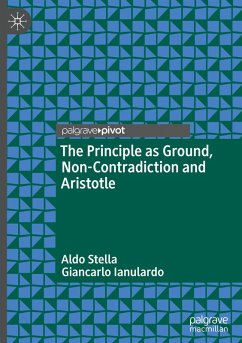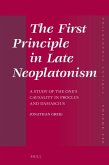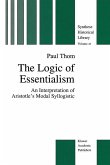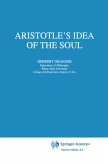Numerous thinkers have considered the Principle of Non-Contradiction, but none has clearly identified its inherent limitation: that it is itself only a formal principle.
This book shows that negation plays a fundamental role both in the constitution of the principle and in the affirmation of its value, which consists in its undeniability. Since it is a formal negation, it is extrinsic to the negated in such a way that it is configured as a negation only insofar as it is applied to something.
On the basis of this analysis, it is shown that it is possible to reverse the usual philosophical perspective: it makes no sense to speak of proof of the principle, but only of proof by virtue of the principle.
This book is essential reading for all scholars and researchers of theoretical philosophy and Aristotle.
This book shows that negation plays a fundamental role both in the constitution of the principle and in the affirmation of its value, which consists in its undeniability. Since it is a formal negation, it is extrinsic to the negated in such a way that it is configured as a negation only insofar as it is applied to something.
On the basis of this analysis, it is shown that it is possible to reverse the usual philosophical perspective: it makes no sense to speak of proof of the principle, but only of proof by virtue of the principle.
This book is essential reading for all scholars and researchers of theoretical philosophy and Aristotle.








